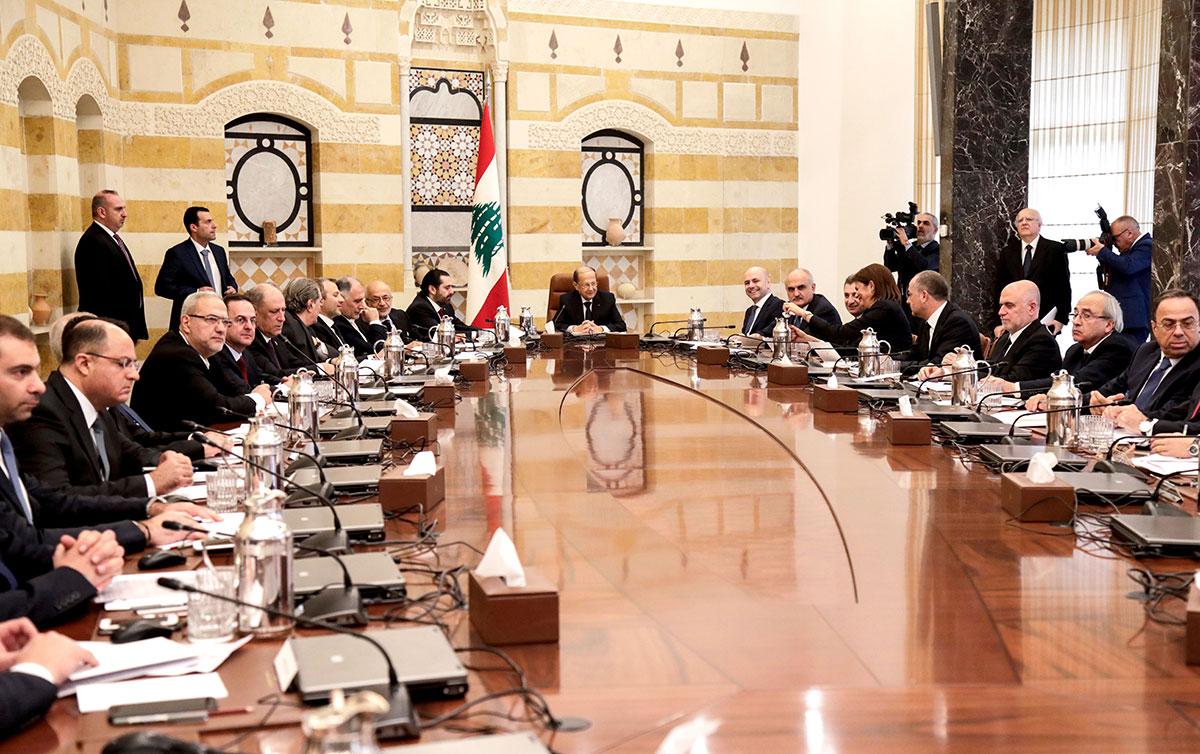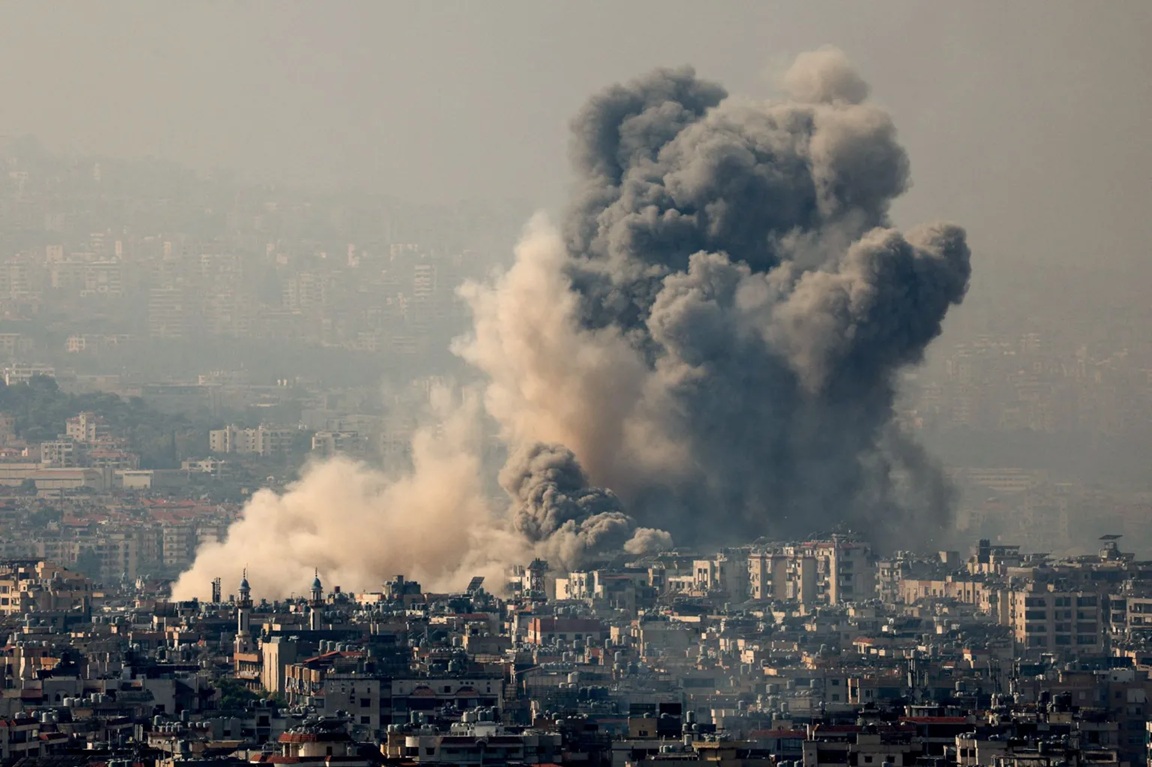
Lebanon's new government raised gasoline prices on Friday, cutting a subsidy that Prime Minister Najib Mikati has said is unaffordable as he advances plans to address a devastating financial crisis.
The government also signed a new contract with restructuring consultancy Alvarez & Marsal (A&M) to carry out a forensic audit of the central bank, a step sought by donors who want to see Beirut enact reforms to unlock badly needed aid.
The Mikati government, which took office a week ago, has promised action to address the crisis, including talks with the International Monetary Fund (IMF) and a start to reforms.
IMF spokesman Gerry Rice said on Thursday there had been courtesy calls with members of the new government and the Fund stood ready to engage in the period ahead. Talks between the previous government and the IMF broke down last year.
The World Bank says Lebanon's economic crisis is one of the worst on record.
The currency has slumped more than 90% since 2019, more than three-quarters of the population have been driven into poverty, the banking system is paralyzed and a hard currency crunch has led to shortages of vital imports, including fuel.
Lebanon has been suppressing fuel prices by providing dollars at subsidized exchange rates well below the pound's price on the parallel market, with the stated aim of shielding people hit by the currency's collapse.
Critics say the system has given rise to smuggling and hoarding, contributing to shortages that have crippled normal life and spawned a black market where gasoline has been sold at enormously inflated prices.
Fuel prices issued on Friday raised the gasoline price by more than 37% with immediate effect.
"This is the stage before last of lifting the subsidy," said Georges Braks, a member of the Petrol Station Owners' syndicate, who expects the subsidy to be removed by the end of September.
He said the new prices were based on an exchange rate of around 12,000 pounds per dollar.
This compares with a rate of 8,000 pounds per dollar that the previous government agreed for fuel prices last month, but is still below the rate on the parallel market, where dollars were changing hands at 14,600 on Friday.
UNAFFORDABLE SUBSIDY
The central bank said last month it could no longer afford to provide dollars for fuel at heavily subsidized rates.
The petrol price hike means importers will still be sourcing dollars from the central bank rather than the market and so a subsidy still applies, said Mike Azar, a senior Beirut-based financial advisor.
In a boost to the depleted reserves, $1.139 billion worth of IMF Special Drawing Rights have been deposited at the central bank, the finance ministry said, part of the Fund's global allocation to help with the fallout of the COVID-19 pandemic.
The Lebanese pound has strengthened from around 19,000 per dollar since Mikati took office, ending a year of political conflict over cabinet seats that left Lebanon rudderless.
The IMF has recommended Lebanon unify the multiple exchange rates along with other steps including the central bank audit.
Finance Minister Youssef Khalil, formerly a senior central bank official, signed the contract with A&M, which the ministry said would present an initial report within 12 weeks of its team starting work.
A&M withdrew from the audit last November, saying it had not received the information it required. The finance ministry said in April the central bank had agreed to hand over required documents.
Parliament then agreed in December to lift banking secrecy for one year, amid much back-and-forth between officials including the finance ministry and the central bank over whether certain information could be disclosed.
Source: Majalla




